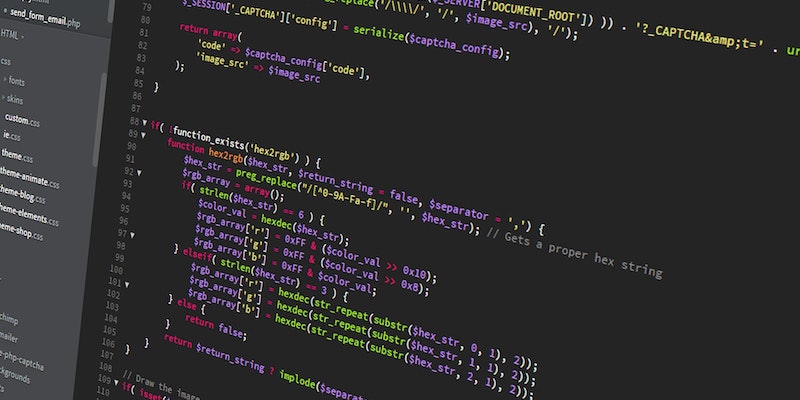The software development landscape is undergoing a significant shift with the incorporation of generative AI tools to make developers’ work easier and more efficient. GitLab, a platform that provides a single interface for the entire software development lifecycle, aims to position itself closer to hyperscalers in the industry who are at the forefront of this shift.
Partnership with Hyperscalers, with Microsoft as the Toughest One
To achieve its goals, GitLab’s strategy, with AI in mind, is to partner more closely with hyperscalers. The company sees Microsoft as the toughest hyperscaler to partner with due to its dominance in the market. However, GitLab has made some headway in this area, and the company continues to build stronger relationships with other hyperscalers.
Core AI strategy: Incorporating AI throughout the software development life cycle
“Incorporating AI throughout the software development life cycle is at the core of our AI strategy,” said GitLab CEO and co-founder Sid Sijbrandij. The platform aims to integrate AI-driven tools into every aspect of the software development process, from planning, coding, and testing to deployment and monitoring.
Competition with Microsoft-owned GitHub
GitLab’s main competitor is Microsoft-owned GitHub, which is also implementing AI-powered tools across the software development life cycle. As a result, the race is on for both platforms to innovate and provide developers with the best possible AI-driven tools.
Implementation of Generative AI in the Software Development Life Cycle by GitLab and GitHub
Both GitLab and GitHub are implementing generative AI in various software development workflows. These AI-powered tools will help automate repetitive tasks, improve code quality, and enhance developer productivity. GitLab’s approach is to provide a single integrated platform where developers can access all the AI-driven tools they need to build and deploy software successfully.
GitHub’s AI-powered pair programming tool, Copilot, and its enterprise use cases
GitHub has been working on new capabilities for its AI-powered pair programming tool, Copilot, as it finds use cases in the enterprise segment. With Copilot, developers can write code faster by generating suggestions based on the code they have already written. This approach saves time and reduces errors, making it a popular tool among developers.
GitLab has partnered with both Oracle and Google Cloud to expand its AI-assisted capabilities
GitLab has expanded its partnership with Oracle to provide AI-assisted capabilities to developers. Additionally, GitLab has partnered with Google Cloud to provide AI-driven solutions that simplify software development workflows. These partnerships will help GitLab provide greater value to its customers by broadening its range of AI-powered capabilities.
AI’s transformative impact on software development: lowering the barrier to entry, reducing costs, and increasing demand for developers
GitLab expects AI to transform software development in three ways: by helping to lower the barrier to entry for software development, reducing the cost of software production, and increasing demand for more developers. With AI-powered tools, it will be easier for people to learn to code and become developers. In addition, the cost of software production will decrease, making it more affordable for businesses. Finally, the demand for developers will increase as AI-powered tools enable them to create software at a faster rate.
Strong financial performance: 45% year-over-year growth in Q1 2024, reaching nearly $127 million
GitLab’s financial performance has been strong, with quarterly revenue growing by 45% year-over-year, reaching nearly $127 million in Q1 2021. This growth is a reflection of the increasing demand for AI-driven solutions in the market. GitLab’s focus on innovation and partnerships with hyperscalers and other companies has helped the platform maintain its position as a leading software development solution.
There is limited competition from Microsoft in around 50% of deals, according to GitLab’s CFO
Despite Microsoft’s dominance in the market, GitLab’s CFO has stated that he still doesn’t see competition from Microsoft in about 50% of the deals. This is a positive sign for GitLab and shows that the company is successfully carving out a niche for itself in the market.
In conclusion, GitLab’s positioning in the industry amidst the shift to generative AI is a strategic move that will help the platform remain relevant and competitive. By incorporating AI throughout the software development life cycle and partnering with hyperscalers and other companies, GitLab is well-positioned to provide developers with the best possible AI-driven solutions. As the demand for AI-powered tools continues to grow, GitLab’s focus on innovation and partnerships will be crucial in maintaining its position as a leading software development solution.

